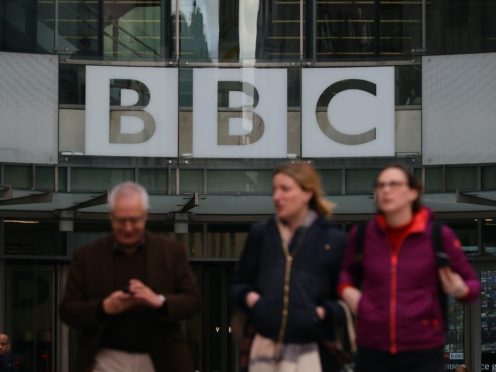The proportion of teams taking part in the BBC’s 50:50 gender balance scheme that have reached the milestone is up from around a third (34%) to two-thirds (66%).
Only 34% of teams reached a gender balance of 50% in the first month they joined the scheme, and different teams joined at different points since the 50:50 Project was launched in 2017.
The scheme has now been taken up by more than 600 teams across the broadcaster.
Programmes including Radio 4’s The World This Weekend, BBC Breakfast, The One Show, Radio 5 Live Breakfast and Songs Of Praise met the 50% mark in March.
Its coverage of Glastonbury Festival in June and Sports Personality Of The Year in December both also reached the milestone.
According to the BBC, there was also a three-fold increase since last year in the number of external organisations which signed up, including Unilever, RTE, TVNZ and Australia’s ABC News.
One of the report’s authors Nina Goswami, the BBC’s creative diversity lead for 50:50 and news, said: “What is encouraging about this long-term trend is that it suggests cultural change is taking hold at the BBC.
“Our teams are creating sustainable change through 50:50 by monitoring their output, sharing data to inform editorial decisions, and building contacts of expert women so we can feature more diverse voices.
“Over time, the change in mind set of teams means that striving for balance becomes second-nature.”
Director-general Lord Tony Hall said: “These results demonstrate the real impact the 50:50 Project is having – but that impact goes beyond the BBC, with other organisations at home and abroad adopting it.
“Its success is driven by the creativity, passion and determination of thousands of people around the world, and together with our ever growing number of partners, we can help ensure the media we all consume represents the world we live in.”
June Sarpong, BBC director of creative diversity, said: “When it comes to gender equality, or diversity in general, we have to find effective ways of levelling the playing field.
“To do this we need to see and hear more role models in the media and emphasise the importance of representation, which is precisely the gap the 50:50 Project fills.
“We’re excited to build on the success of the project and with our external partners, together, we can truly maximise the impact of 50:50.”
